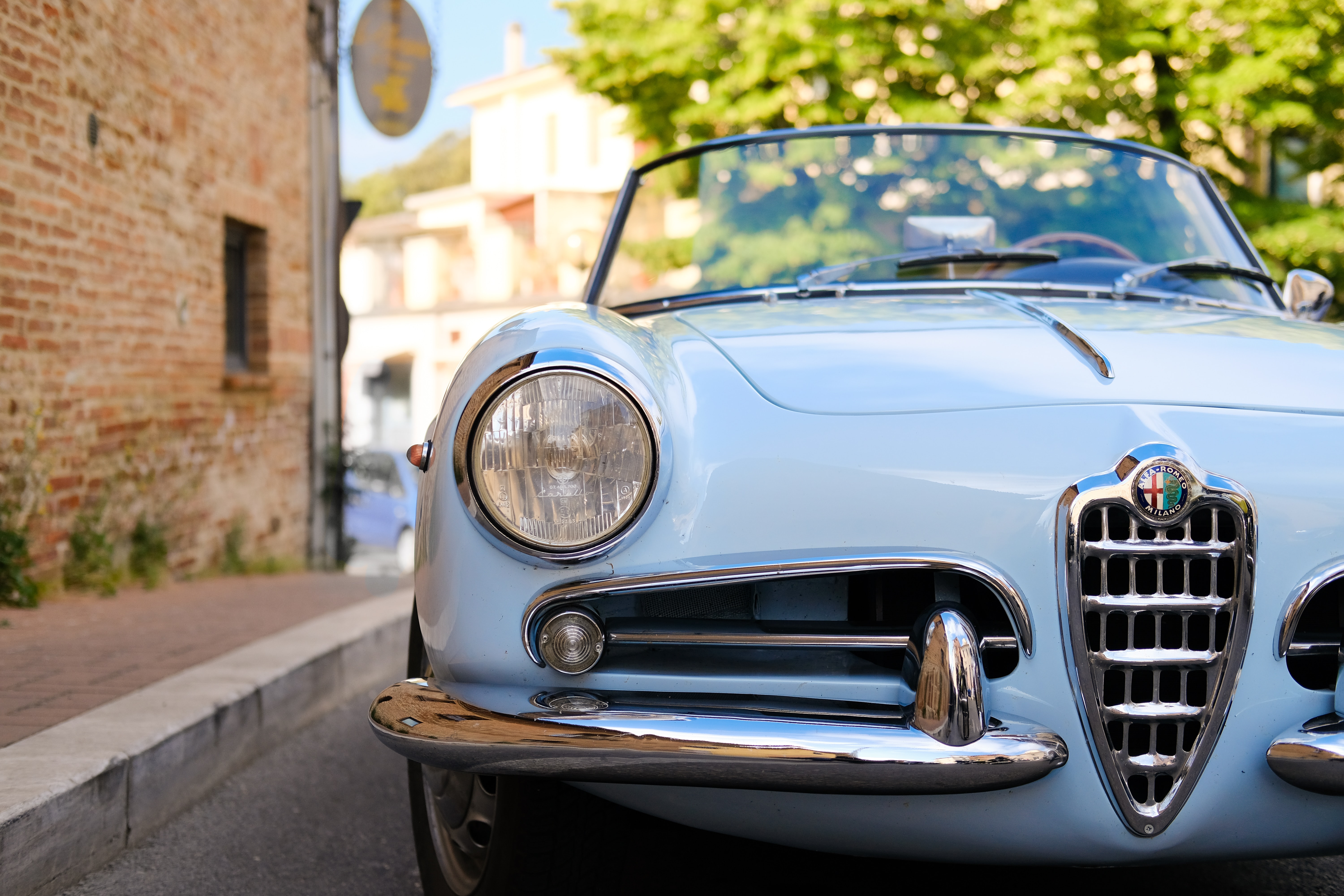
Collectible cars can be an excellent investment whether you are a car enthusiast or simply want to diversify your portfolio. However, some risks come with investing in this type of vehicle. Below are the top tips and risks of investing in collectible cars, so you know what you’re getting into before jumping into the market.
Top Tips for Collectible Cars
Here are some tips to help you navigate the collectible car market.
Consider Where You Buy Your Collectible
There are many places to purchase collectible cars, but the most popular are dealerships, auctions, and classified ads. Make sure you get a fair price from the person you’re doing business with, and try not to jump at the first price offered.
If Possible, Use an Inspector
The best way to know if you’ve made a good investment is to have an expert look at the vehicle and inspect the condition. This will help avoid any potential problems down the road.
If you have a special interest car and need an expert opinion on its value, feel free to reach out to us for a professional car appraisal.
Be Strategic About Your Purchasing Decisions
Focus on what type of vehicle will give you the best return for your investment. For example, if this will be an asset class where appreciation matters, go for classics like original Porsches and Ferraris versus newer models. The classics have less potential upside but might hold value better in downturns because people know them as “safe.”
The collectible car market can change quickly, so diversifying your purchases is a smart thing to do.
Consider Resale Value
The more rare or expensive the car is, the less likely it is to depreciate quickly (or at all). This means there may be some potential when considering resale value down the line, which could make up for any
depreciation during ownership.
Look for Vehicles With Low Mileage
When choosing a collectible car, try to pick one with low mileage. Vehicles with low mileage are easier to sell and often have a higher resale value.
Maintain Your Investment
Take care of the car! If you’re not sure how, hire someone who knows what they’re doing or consider taking an auto maintenance class so you can do it yourself in the future. Cars require regular upkeep, and while that upkeep costs money, it’s a lot less than the costs of not maintaining the car. Extra expenditures can significantly decrease the return on your investment.
Risks of Collectible Cars
Collectible cars can be a great investment, but you shouldn’t invest all available money in them. Diversifying is an ideal way to avoid losses if one type of investment doesn’t do well.
Here are some risks you should know before entering the collectible car markets.
Capital Gains Tax If You Sell at a Profit
Collectible cars are like any other investment. If you sell the car, you might have to pay capital gain taxes on the profit you make from the sale. Capital gain taxes can range between 0% to 37%.
Selling a collectible car at an unreasonably low price could trigger the IRS to view it as fraud. They will want their share of your profit. For more information on capital gains on collectible items, check out this article that breaks it down further.
Car Value Depends on Market Factors
Another risk is that the value of collectible cars can fluctuate depending on the market conditions. This means that sometimes (especially during market downturns), collectors may not be able to sell the car for what it’s worth or even at a price that would turn a profit on the investment. If you need to sell the car for whatever reason, know that it may or may not be at its peak value depending on current market conditions.
Maintenance and Storage Fees
Collectible cars have many associated costs, with the most significant ones being the maintenance and storage fees. If you are not a car enthusiast and cannot work on the vehicle yourself, you need to hire someone else to do it for you. Offsite storage costs can also become extensive.
Insurance Prices Can Increase
Another big downfall when investing in collectible cars is that insurance costs can skyrocket (even more so than with regular auto insurance) because they tend to reflect how much damage the older models are likely to cause during an accident.
Use a reliable company or website dedicated to collector car insurance to find which insurance is right for you.
Conclusion
If you have a passion for classic cars, you know that investing in collectibles can represent much more than another income stream or option in a diversified portfolio. Before you dive in, make sure you are aware of the risks that come along with collectible car investing. It takes skill, timing, and a bit of luck if you hope to see returns on your investments. So be careful, have fun, and enjoy the ride!


